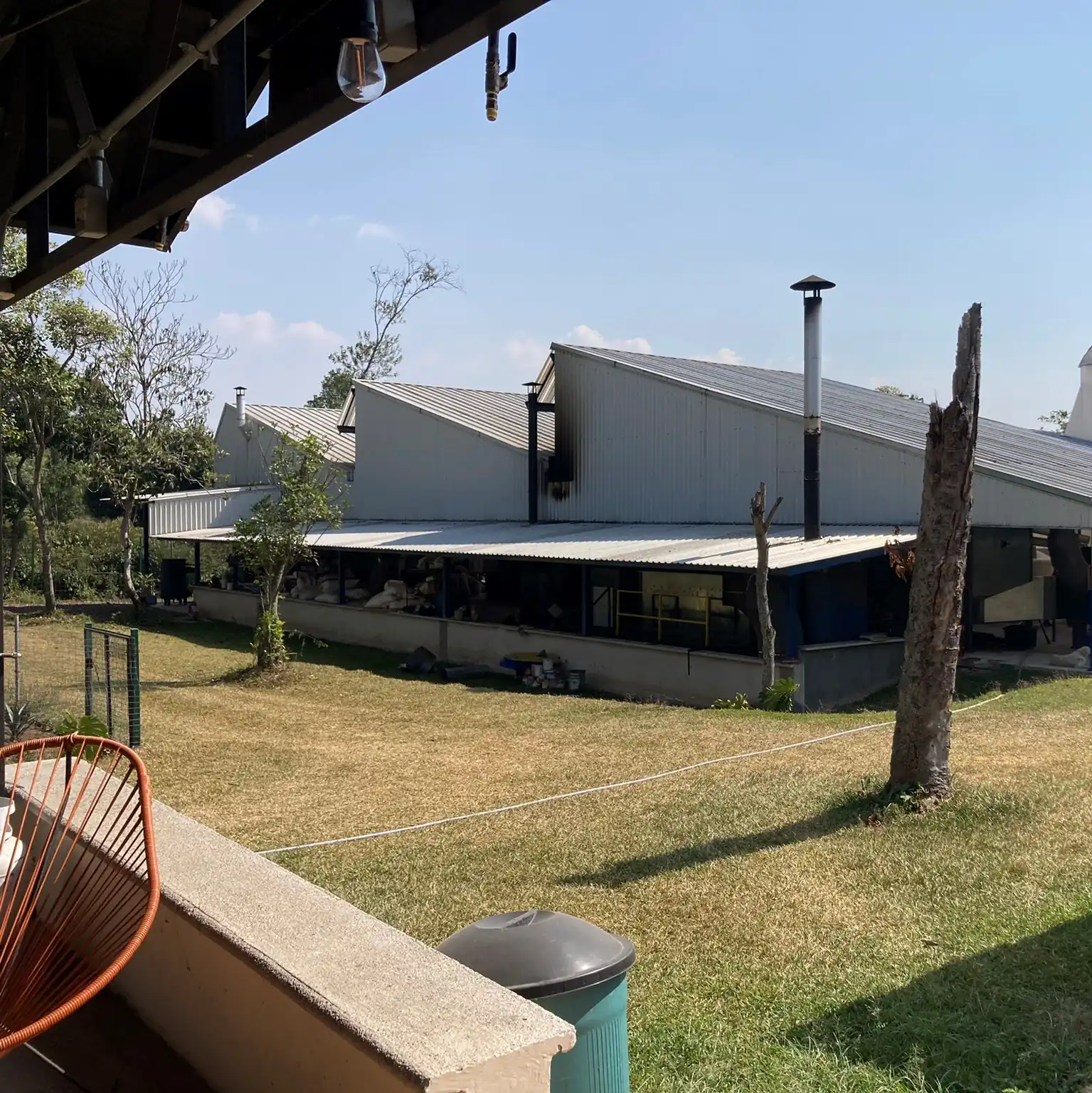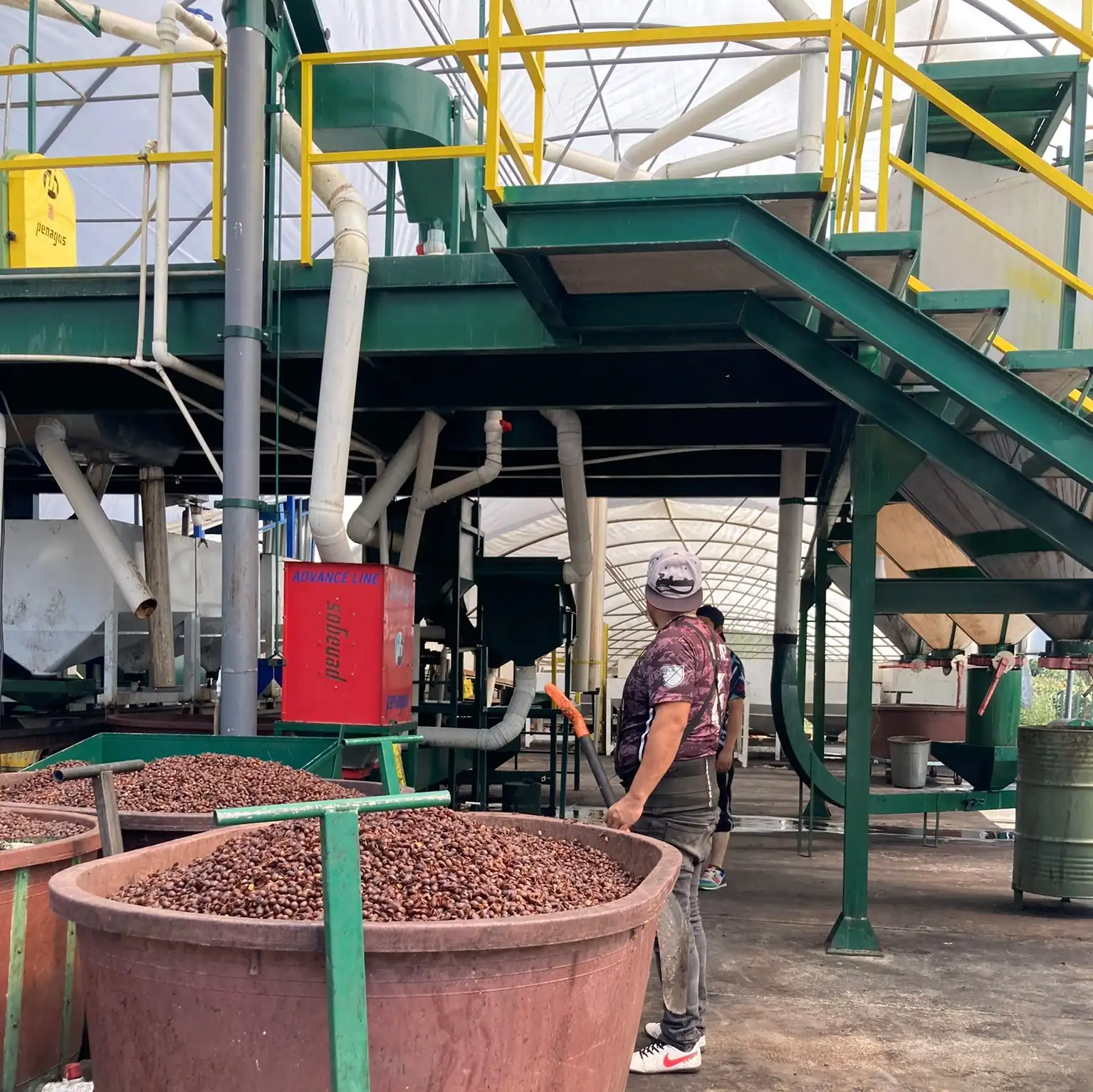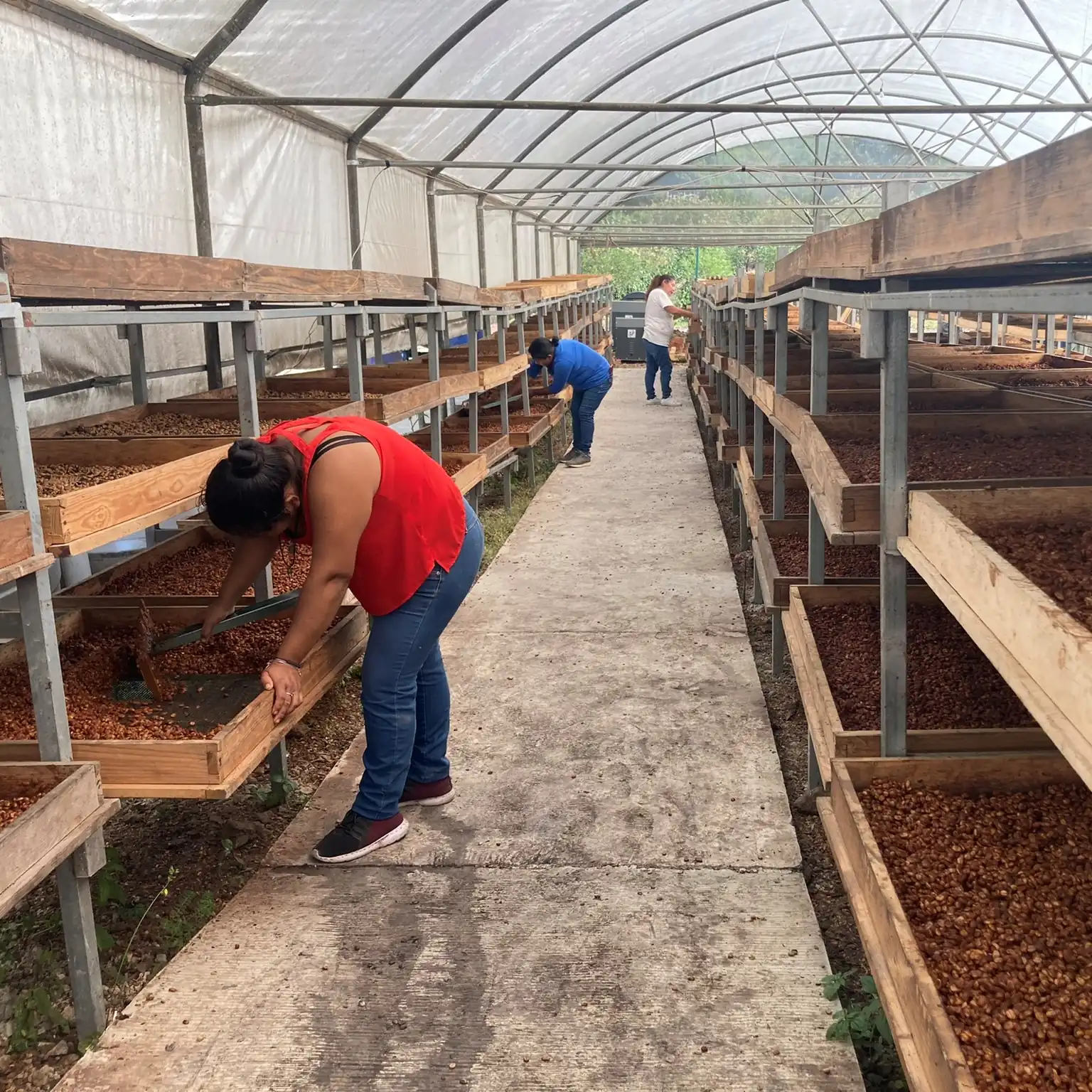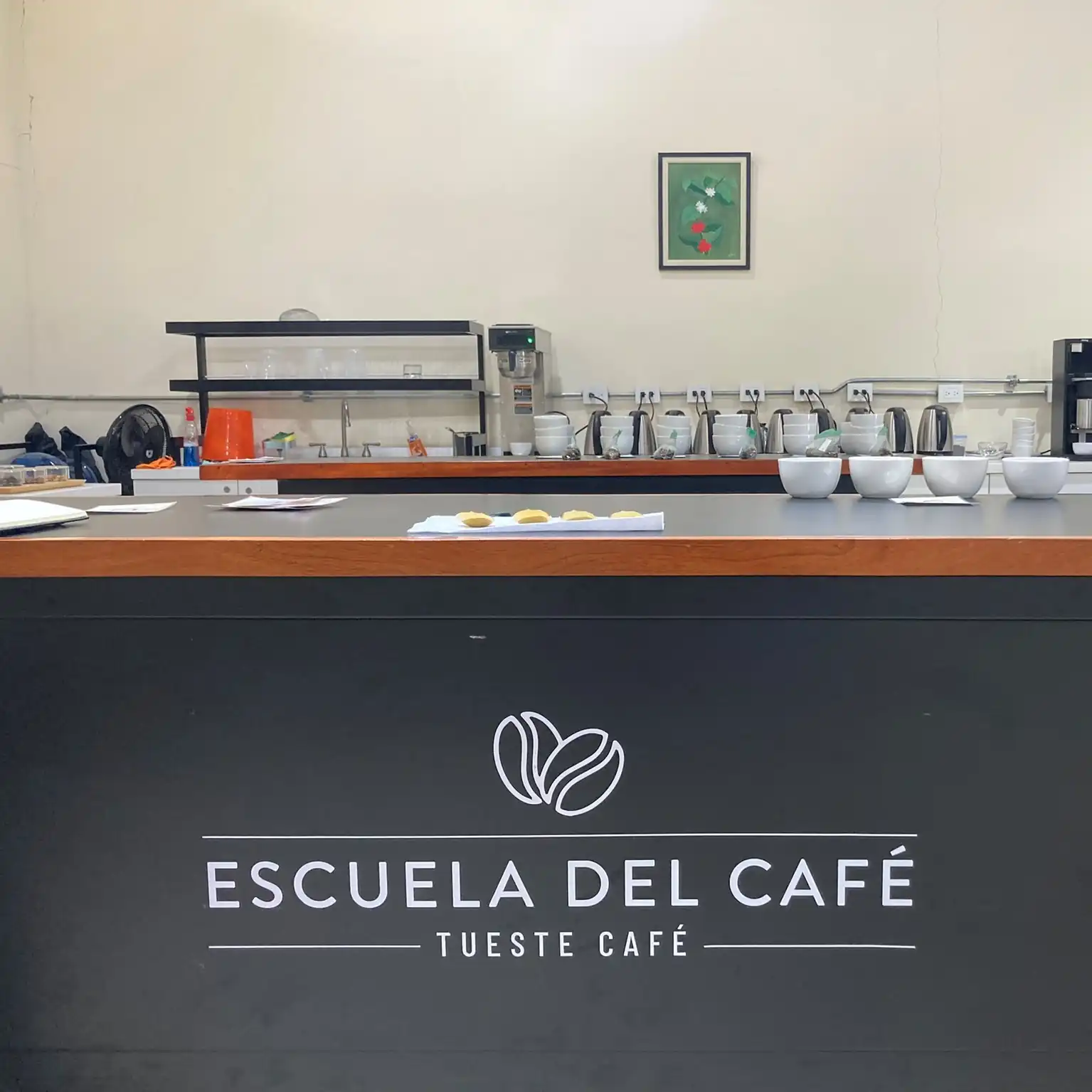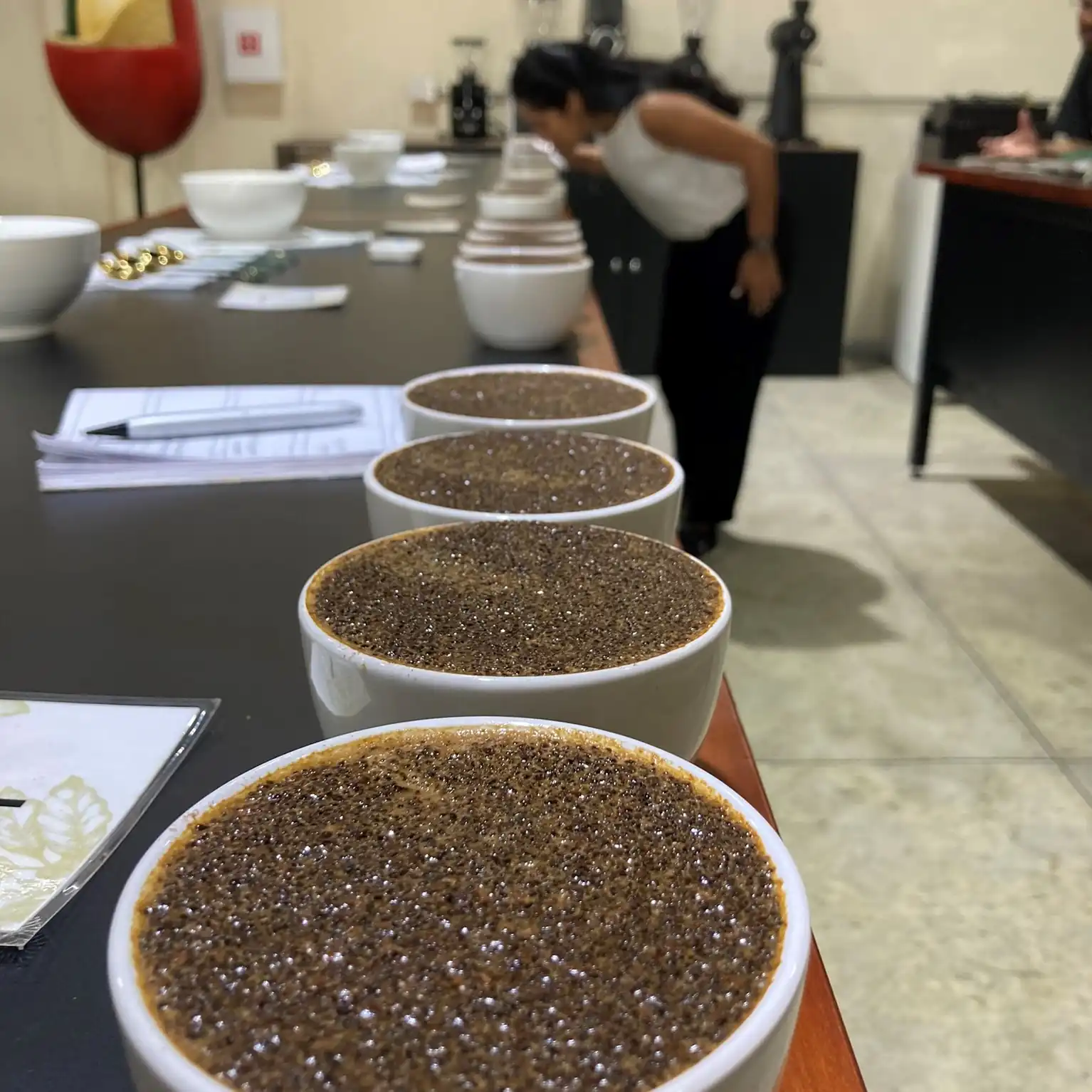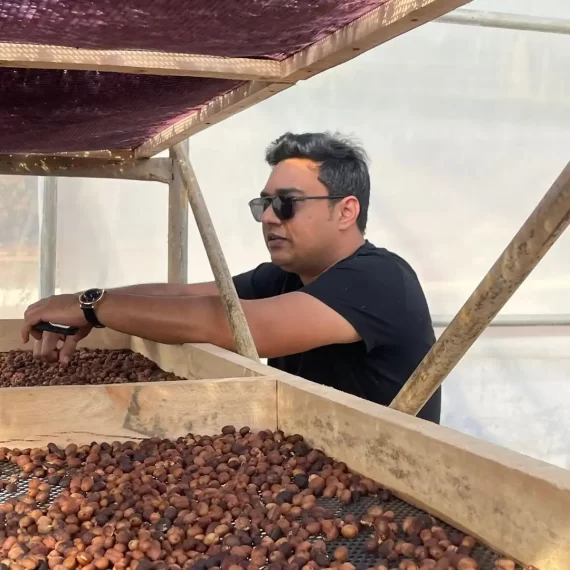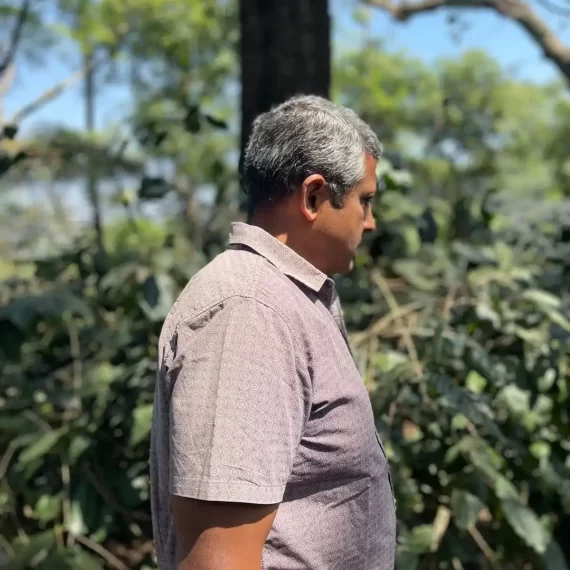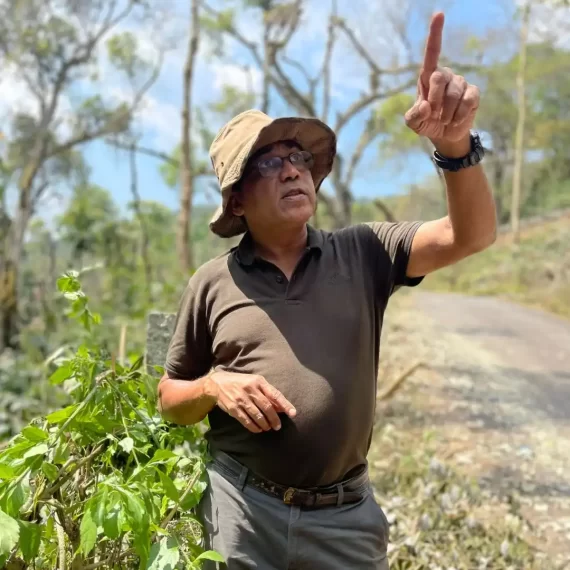
Tueste Café

Tueste café is a large project of the Moreno family, which was created in the coffee village of Coatepec in the state of Veracruz. Tueste café is currently a coffee training center, a processing plant and a manufacturer of machinery related to coffee from growing to roasting.
The coffee business has expanded so much around the mountain town of Coatepec over the past few decades that it is virtually impossible to avoid the coffee plantations in the area. There are plantations around the road, behind every third house, in all the hills and valleys. The coffee business in Mexico has a great tradition and history in the state of Veracruz. But that doesn’t mean that the coffee grown here is a choice. As in other coffee-producing countries, a young generation of farmers is trying to convert their parents’ and grandparents’ farms to the production of choice coffee, and it is not easy.
The Tueste café project is trying to help these farmers by educating them. Here they have the opportunity not only to taste their production and have it evaluated by a Q Grader, but also to fully process it. Tueste café buys cherries from farmers in the area, carefully sorts and processes them and then tries to sell them to the world. Beyond that, they’ve gradually set up a nursery for new coffee varieties, are watching how they do, and are starting to grow their own coffee.
COUNTRY
Mexico
REGION
Coatepec, Veracruz
FARM
Tueste café
ALTITUDE
1100 – 1350 m
SIZE OF THE FARM
cca 4 ha
COFFEE VARIETIES
Typica, Costa Rica, Bourbon, Colombia, Marsellesa, Caturra, Gesha
ABOUT THE LOTS
We visited the Tueste café processing plant and training center for the first time during the harvest in April 2023, tasting coffees from many of the producers for whom Tueste café ferments, processes and dries the coffee. From each producer we selected small nanolots with different processing.
Tueste café Alejandro (LOT MX-23-049)
Producer: Alejandro Gonzalez is known in the Tueste Café project for delivering cherries of optimal quality, which are then processed using different methods.
Variety and processing: Typica and Costa Rica are processed using the semi-washed method.
When the cherries are received, three classifications are carried out before starting a prolonged fermentation in the cherries, and this fermentation promotes better modulation of the characteristic fruit flavors of the Honey process. In the Typica variety we were able to modulate the aroma and acidity, and in the Costa Rica variety we were able to modulate the fruit flavors and body in the cup. The cherries were fermented for 90 hours in a vessel without access to oxygen, after which they were cleaned of their skins and the resulting coffee rested for 4 days on African beds in our drying center. Due to the climatic conditions in our area, the coffee was moved to a Guardiola rotary dryer where the drying process continued at room temperature for a further 7 days. Finally, the last 2 days of drying were carried out at a controlled temperature of 38 °C, for a total of 13 days of drying.
Tueste café Rubén (LOT MX-23-050)
Producer: Rubén Rosales has devoted his life to growing coffee, having inherited his parents’ love for the crop, and is now the one who passes on this knowledge to his family.
Variety and process: Typica red honey.
When we receive the cherries for processing at Tueste Café, we carry out three classifications, the first by density, where we immerse the cherries in water, the second by size, and the third by visual, where we manually remove any cherries that do not meet the standard. The cherries are left in the tank for anaerobic fermentation for 70 hours. The cherries are then de-skinned and moved to African beds for 6 days. We complete the drying process in a rotary drying drum using natural hot air, which usually reaches 30 °C, and dry for 5 days. In total, the coffee is dried for 11-13 days.
Tueste café Héctor (LOT MX-23-051)
Producer: In the municipality of Coatepec, in the state of Veracruz, there is the town of La Laguna, a small municipality of approximately 1085 inhabitants, which is part of the coffee axis surrounding Coatepec. Héctor Hernández Méndez is part of the hundreds and thousands of small producers in the area who have found their livelihood in coffee and who refuse to trade coffee for sugar cane or lemons, crops that are also grown in the area.
Process and variety: Bourbon and Costa Rica natural with anaerobic fermentation for 72 hours
Mr. Héctor carries out growing practices that are considered traditional in the area and consist of using organic fertilizers from the same farm (dry leaves, fallen branches that give life to beneficial insects such as earthworms) and taking advantage of the shade of the trees on the farm. Hector has been working with Tueste café since 2020 and uses a wet mill in the processing plant. “Only after receiving the grains do we decide on processing them. For this microlot, we decided to process the coffee using the dry method, due to the good degree of ripeness of the fruit. After receiving the cherries, they undergo a first sorting process in which they are left to float in water, which not only serves to separate the coffee cherries according to density, but also to wash them thoroughly and prepare them for the fermentation stage. A second selection is then made, which is carried out according to size, and a third selection is made by hand sorting, which separates all the fruit that does not have the objective colour of ripeness. After sorting, the cherries are left to ferment in a tank without oxygen for 72 hours. Once fermentation is complete, the cherries are transferred to African beds and monitored and dried for 48 hours. The drying process is completed in a static drying room using air at room temperature of 30 °C. This process takes approximately 12 days.


